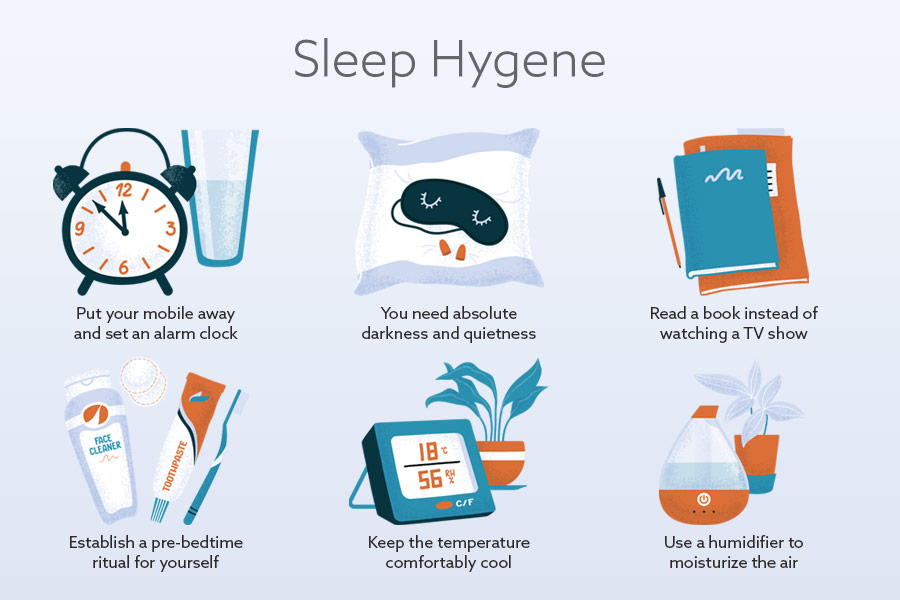
If you’re a woman who struggles with sleep, you’re not alone — and the problem might be more than just stress or insomnia. Obstructive sleep apnea (OSA), a condition where breathing repeatedly stops and starts during sleep, affects up to 15% of U.S. women, yet it’s frequently overlooked or misdiagnosed.
Unlike the classic signs often seen in men — loud snoring and excessive daytime sleepiness — women with sleep apnea may experience symptoms like insomnia, mood swings, morning headaches, anxiety, or even frequent nighttime bathroom trips. These less obvious signs can make it harder for doctors to recognize and properly diagnose the condition in women.
Hormones play a key role. Estrogen and progesterone appear to offer some protection against OSA, which is why the risk increases during pregnancy, after menopause, and in women with hormone-related conditions like polycystic ovary syndrome (PCOS). During menopause, a woman’s risk for sleep apnea more than doubles. Even normal hormonal shifts throughout the menstrual cycle can temporarily worsen symptoms.
Common signs of sleep apnea in women include:
- Difficulty staying asleep or falling back asleep
- Morning headaches
- Feeling depressed, anxious, or forgetful
- Fatigue and trouble focusing during the day
- Restless legs at night
- Frequent urination during the night
Left untreated, sleep apnea can have serious health consequences. For women, this may mean higher risks of high blood pressure, heart disease, type 2 diabetes, and even memory problems later in life. During pregnancy, untreated sleep apnea is linked to complications like preeclampsia, gestational diabetes, and low birth weight.
The good news? Sleep apnea is treatable. From lifestyle changes to CPAP therapy and oral appliances, there are solutions that can drastically improve your sleep and protect your long-term health. But the first step is awareness.
If you’ve been feeling tired, irritable, or simply “off,” it might be time to ask your doctor about a sleep study — especially if you’re in perimenopause, pregnant, or managing hormonal conditions. Getting properly diagnosed and treated can be life-changing.
You deserve restful, restorative sleep — not just for tonight, but for your future.
Take Action: Think you might be at risk? Start by tracking your symptoms and talk to a healthcare provider familiar with women’s sleep health. Early detection is key to reclaiming your energy, mood, and well-being. A trained sleep dentist can help! Find one here.




